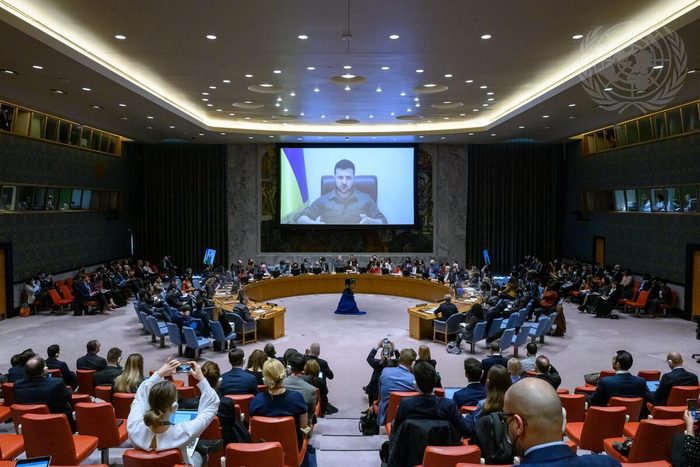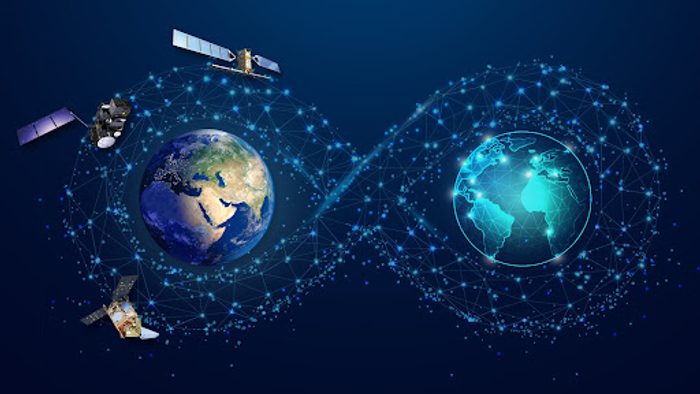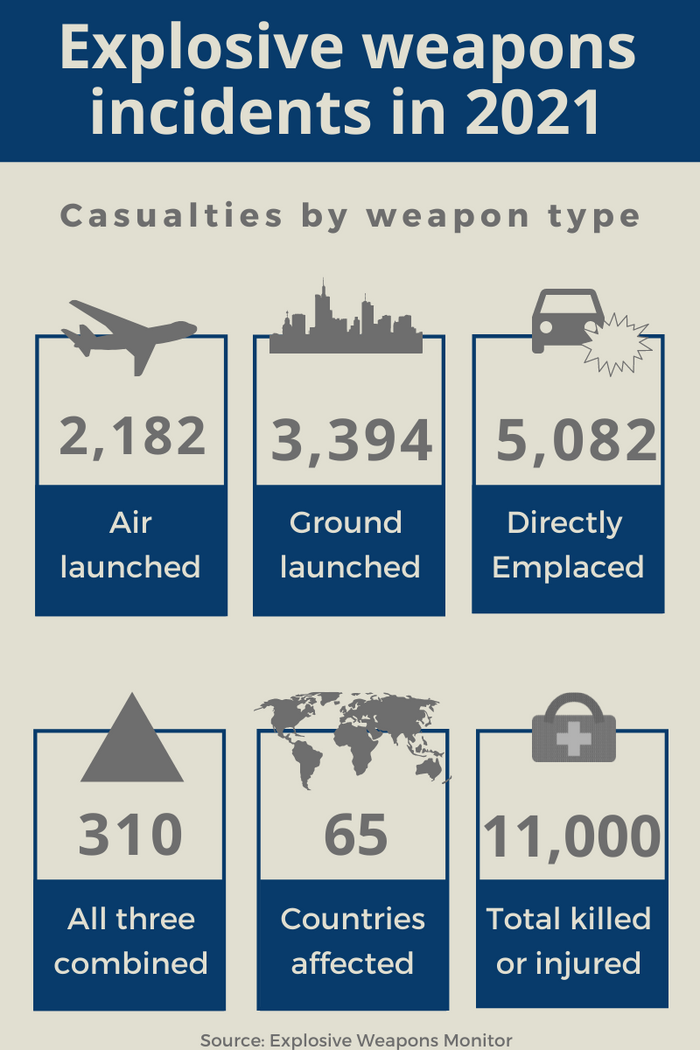Good morning, this is Michelle and today we’re covering US calls in New York for Russia to be kicked out of the Human Rights Council – a move that failed to gain traction at the last HRC session in Geneva.
Also happening in UN headquarters in Geneva, the mayor of Kyiv told political leaders to cut ties with Russia and talks on explosive weapons are resuming in Geneva today. |

|

Ukrainian President Volodymyr Zelenskyy tells UN security council remove Russia or "dissolve yourself".(Credit: UN Photo/Loey Felipe)
|
|
🇺🇳 Calls for Russia's suspension.
The US ambassador to the UN, Linda Thomas-Greenfield, urged states on Tuesday to suspend Russia from the Human Rights Council, where it currently holds one of the 47 seats. Countries have the power to strip Russia from its council membership through a UN General Assembly resolution, she told fellow members at a UN Security Council meeting on Ukraine.
Geneva Solutions (EN)
|
|
Break ties with Russia, mayor of Kyiv tells politicians at Geneva forum.
Vitali Klitschko called on his counterparts to cut business relations with Russia at the Forum of Mayors on Tuesday. In a video address to fellow politicians attending the UN Economic Commission for Europe event at the Palais des Nations in Geneva, Klitschko said: “Every euro (....), what you receive from Russians or what you send to Russia, has blood (...) and the blood on this money is Ukrainian blood.”
Geneva Solutions (EN)
|
|
Here's what else is happening
|
|
💥 Ukraine looms over renewed negotiations on explosive weapons in Geneva.
Governments, international organisations and civil society will resume talks today at the UN in Geneva on an international agreement to protect civilians from explosive weapons by curbing their use in towns or cities. Explosive weapons such as aircraft bombs and multi-barrel rocket systems are estimated to have killed or injured at least 11,000 civilians last year in 65 countries including Afghanistan, Syria, Libya, Yemen – and now Ukraine. In one recent example, Human Rights Watch’s Richard Weir told journalists that in neighbourhoods visited in Kyiv, explosive weapons had torn buildings apart and injured people standing in line to withdraw cash. Civil society groups are calling for the final declaration, which has stalled two years due to Covid, to set out tighter standards to protect civilians from harm.
Geneva Solutions (EN)
|
|
|
Science and diplomacy reads by GESDA
|
|

(Credit: European Space Agency)
|
|
Will simulation efforts to counter climate change come too late?
From Monday on, we have learned from the latest IPCC report that “the world is running out of options to hit climate goals”, as the Washington Post puts it.
Almost simultaneously, last Thursday, the European Space Agency, with the backing of the European Commission and other european bodies, launched its huge Destination Earth project. The goal? “To develop a highly accurate digital model of Earth that will monitor and predict environmental change and human impact. Using innovative Earth system models, cutting-edge computing, satellite data and machine learning, the project will allow its users to explore the effects of climate change on the different components of the Earth system, together with possible adaptation and mitigation strategies”, as the ESA press release states.
One question arises, which the New Scientist nicely examines in an article (read below): will that project, which will be bring by 2030 only a full digital replica of our planet, still come in time to find the best simulated solutions to counter climate change, when one takes into account that the IPCC reports puts at 2025 the date when we should have reached a peak in the emissions of greenhouse gases? This especially as this idea was proposed already six years ago at Lausanne’s EPFL…
Let’s hope our economies will give digital experts, informaticians and climatologists enough time to develop what could then be an incredibly useful tool.
Olivier Dessibourg, GESDA
|

This selection is proposed by the Geneva Science and Diplomacy Anticipator
GESDA, working on
anticipating cutting-edge science and technological advances to develop innovative and inclusive
solutions for the
benefit of the planet and its inhabitants.
|
|
GS news is a new media project covering the world of international cooperation and development. Don’t hesitate to forward our newsletter!
Have a good day!
|

|
|
Avenue du Bouchet 2
1209 Genève
Suisse
|
|
|
| |











